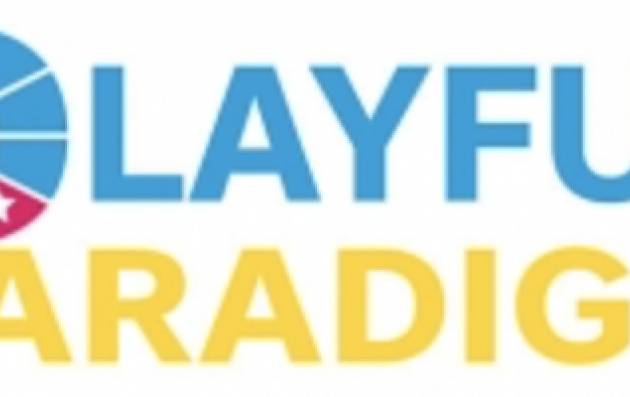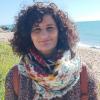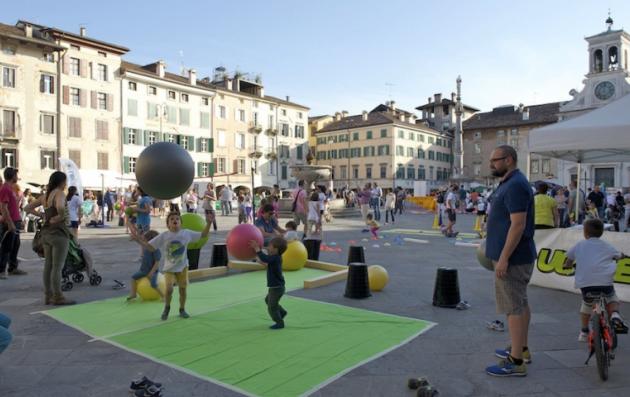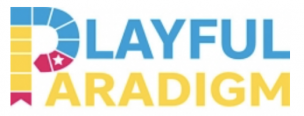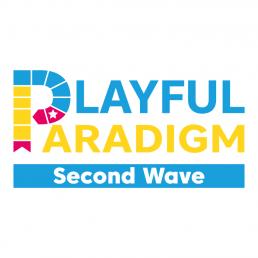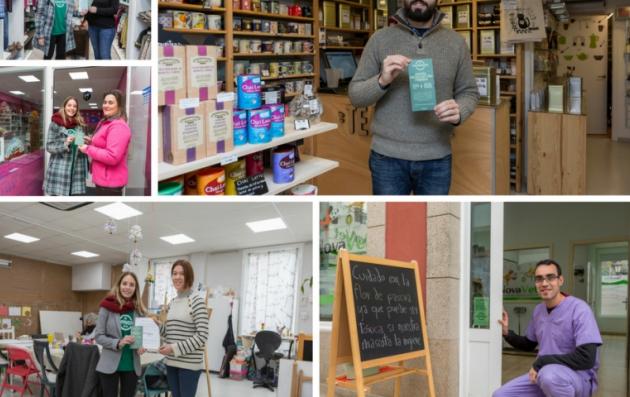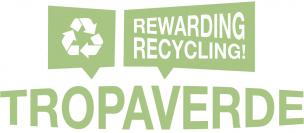Playful Paradigm
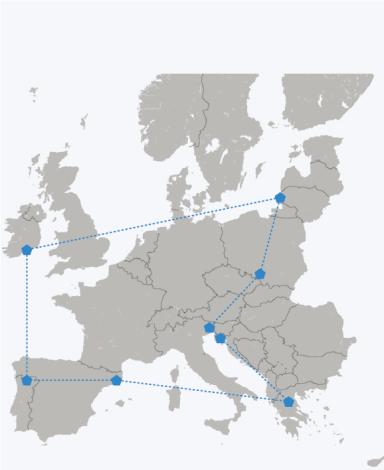
Timeline
Kick-off meeting
1st TN Meeting in Esplugues de Llobregat | 2nd TNM in Udine | 1st Customized Activity in Udine: Ludobus and Social Transformation | 2nd Customized Activity, Paris, Toy Libraries Study Visit | 3rd TNM in Klaipeda
4th TNM Viana do Castelo | TNM Online (Parts 1+2+3) | Webinar "Network Management for Tackling the COVID Crisis" | Webinar "Public Procurement" | Webinar "Manifesto of Playful Cities" | Playful Paradigm to re-think cities (virtual session @ EURegionsWeek)
Sharing Period | Final Event 20-21 April
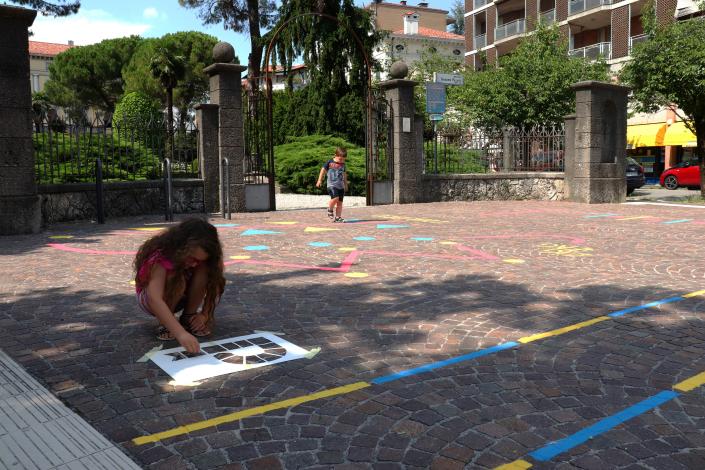
Municipality of Athienou
2, Archbishop Makarios III Ave.
7600 Athienou Cyprus
Municipality of Santiago de Compostela
Municipality of Udine (Italy)
Cities offer unique opportunities for addressing the challenges of urbanization, ageing, climate change, social exclusion, only if enabling, enjoyable places are co-created. This Transfer network aims to replicate the “playful paradigm” based on gamification as an innovative concept for promoting social inclusion, healthy lifestyles & energy awareness, intergenerational & cultural mediation, place-making & economic prosperity. Games offer new strategies for engaging city stakeholders in urban development.
